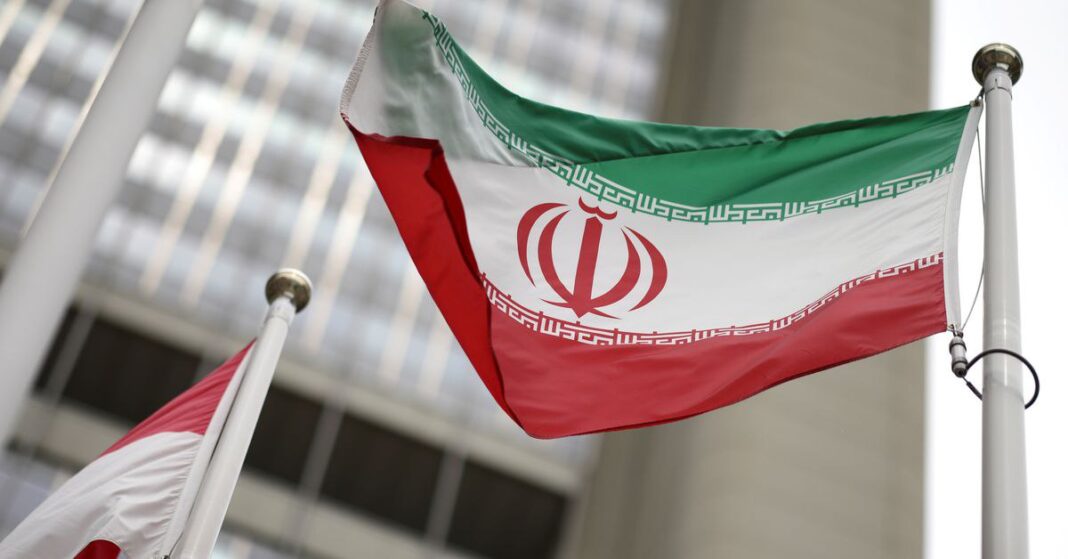Mora is due to hold talks on Thursday with members of Iran’s nuclear negotiating team four months after talks stalled between Iran and world powers, including the United States, to revive the 2015 deal.
“Through its statements and actions on the ground, the new Iranian administration of President (Ebrahim) Raissi raises doubts about its intention to return to the Joint Comprehensive Plan of Action (JCPoA),” French Foreign Ministry spokeswoman Anne-Claire Legendre told reporters in a daily online briefing.
“While refusing to negotiate, Iran creates facts on the ground that further complicate the return to the JCPoA. It is therefore in a context of crisis and at a critical moment for the future of the nuclear agreement that this trip by…Mora to Tehran takes place,” Legendre noted.
The Islamic Republic has repeatedly said it will return to the negotiations “soon” without giving any sense of what that actually means. Western diplomats have tentatively said a return to the Vienna talks may be possible before the end of October.
Legendre added that Tehran would also need to be clear about its intentions should it come back to the talks.
Since then-U.S. President Donald Trump ditched the deal in 2018 and reimposed sanctions on Iran, Tehran has been rebuilding stockpiles of enriched uranium, refining it to higher levels of fissile purity, and installing advanced centrifuges to speed up production.
President Joe Biden aims to restore the deal but the sides disagree on which steps need to be taken and when.
Key issues include what nuclear limits Tehran will accept, what sanctions Washington will remove, whether there will be any guarantees and the prospect of follow-on talks on Iran’s future nuclear programme, regional and ballistic missile activities, diplomats have stated.
“In line with recent regional and international consultations, I will host @eu_eeas Deputy Secretary General @enriquemora_ on Thursday,” Iranian Deputy Foreign Minister Ali Bagheri Kani, who is expected to lead Iran’s new negotiating team, said in a Twitter post on Wednesday.
“Exchanging views on bilateral & regional issues including Afghanistan, as well as talks on removal of cruel sanctions, are on the agenda,” he added.
In late September, Iranian Foreign Ministry spokesman Saeed Khatibzadeh stated the talks on restoring the nuclear deal to the full extent would begin in Vienna within a few weeks.
President Ebrahim Raeisi has dismissed the idea of holding negotiations over the revival of the country’s nuclear agreement under pressure, saying such tactics has never yielded the US and Europe any result.
“Negotiation and dialog have always been and will continue to be part of the instruments that are in the service of diplomacy. We do not balk at negotiation and dialog,” he stated early September.
“But the Americans and the Westerners are after negotiation in conjunction with pressure,” he added, “This is while negotiations are there to avoid pressure.”
Such pressure tactics have nothing to do with negotiation, the Iranian chief executive said, adding, “I have directed them (the country’s authorities) to include negotiation on the agenda, but not under the shadow of the pressure that they (the West) are pursuing.”
The United States and the Europeans have experienced this in the past too that applying such tactics to negotiation procedures “do not work,” Raeisi noted.
At the same time the country rules out any such notion as “negotiation for the sake of negotiation” the president stressed.
He, therefore, urged that any interaction of the type reward the country with its expected results, namely the removal of Washington’s oppressive sanctions targeting the Iranian nation
